
This article is a part of The Global Leadership Summit Faculty Spotlight series where we feature content from the upcoming #GLS20 speakers. This is a great opportunity to get a taste of what to expect from these amazing leaders!
The GLS team is excited to welcome ABC News correspondent Paula Faris back to #GLS20! Paula will be sharing insights from her book Called Out: Why I Traded a Dream Job for a Life of True Purpose.
ABC News’s Paula Faris seemingly had it all. A great husband, wonderful kids, and high-profile jobs as co-anchor of “Good Morning America’s” weekend edition and co-host of the daily talk show “The View.” But Paula also felt overextended, as if God was telling her that she needed to step back from some of her professional commitments.
She didn’t listen to that still small voice, however, until she endured a self-described “season of hell.” Now, Paula has not only achieved a better work–life balance that allows her to enjoy her family more, she has also created a new podcast that allows her to feature conversations about faith in a mainstream media venue.
During an interview on the Christopher Closeup podcast, Paula recalled that in 2017, she reflected on her life and realized that her family was taking a backseat to her career: “They were getting the leftovers–the rest of me, not the best of me.” She discussed stepping away from her jobs at “Weekend GMA” and “The View” with a network executive, who told her, “You’d be crazy to do that.”
Paula said, “I allowed fear to paralyze me from doing what I knew was right, from doing what I felt that God had pressed on my hear–to take a step away from these two assignments and refocus my priority compass.” Then, her “season of hell” began.
If God calls you, God’s going to equip you.
In September, Paula suffered a miscarriage that required emergency surgery. Not long after, she was reporting for a segment near Wall Street when “someone threw an apple at my head. I know it sounds crazy, but they threw it so hard, it exploded, and I subsequently suffered a concussion. The police said, according to the surveillance video, that the apple was traveling 60 miles an hour, so it’s like taking a fast ball in the back of your head. Had my face been turned just slightly to the right, it would have shattered the side of my face.”
Paula was out of work for three weeks with that injury. Then, on the day she finally got cleared to return, a woman ran a red light and crashed head-on into the car Paula was driving, leaving her with more injuries. And a few months after that, she caught the flu, which turned into pneumonia.
During that eight-month period, Paula felt like God was trying to get her attention and asking her to trust His will about taking a step back from her work. She also realized that she had invested too much of her identity in what she did and not who she was as a child of God. And so, she listened and trusted.
She told her bosses at ABC that she couldn’t maintain her current schedule anymore and asked if she could work on news stories Monday to Friday instead. She also pitched them the idea of starting a podcast in which she would interview newsmakers about their spiritual beliefs. It was an idea, Paula admits, that is almost unheard of on a mainstream platform, such as ABC News, so her efforts alone were a big leap of faith. She took inspiration from the Rev. Dr. Martin Luther King Jr.’s quote, “Faith is taking the first step even when you don’t see the whole staircase.”
ABC News obliged Paula’s requests, giving her the new title of Senior National Correspondent. And she has since completed season one of her podcast, “Journeys of Faith,” which is available on iTunes, Google podcasts, Amazon Echo, ABC News, and more.
“The genesis [of the podcast],” said Paula, “is my own personal faith. It’s been my rock, my glue, my foundation. It has kept my marriage together. It has pulled me through the most difficult and trying times… So that was really the impetus. Secondly…as a journalist, I recognize that if you mention Jesus or God or Allah, we cut that from the interview. I don’t want that to happen. That’s why we created this. It’s to give people a space to talk about something that’s deeply personal to them and something that they’re very passionate about. So thus, ‘Journeys of Faith.’”
Though Paula is a lifelong Christian with an eclectic background that includes Catholic, Lutheran, Baptist, and Pentecostal influences, her aim isn’t to proselytize or even talk only with people who think and believe exactly as she does. That’s evident from her guest list, which includes Tim Tebow, country singers Luke Bryan and Hillary Scott, as well as atheist Sam Harris and Muslim scholar Reza Aslan. Why that approach?
Paula said, “Jesus was out there talking with people that didn’t see eye–to–eye with Him. He was with the worst of sinners, and yet having conversations–even some tough conversations…This is me sitting down and listening or respecting somebody else’s faith and where they’re coming from, and also showing them, hopefully, the love of Christ in me as well. But we can agree to disagree, and we can do so respectfully. I think that as a society, we’ve lost the ability to do that. And as Christians we’ve really lost the ability to do that. We tend to just sit down with people that think exactly like us. It’s an echo chamber, so to speak. I’m finding personally–not just professionally, but personally–[that through] these conversations with people that I don’t see eye to eye with, I’m growing… And I think you will earn people’s respect if you just sit down and engage in a conversation with them and show them the love of Christ. Really, that’s the calling, isn’t it? To love God and love people. We overcomplicate it. That’s what I’m trying to accomplish here.”
Paula had felt God calling her to be a broadcaster early in life, but again, she let fear paralyze her. Though she studied TV production in college, she stayed behind the scenes despite her professors telling her she would be perfect for on-air work. After graduation, she took a well-paying job in radio sales, until 9/11 finally prompted her to listen to God’s promptings to pursue a career in news.
“If God calls you, God’s going to equip you,” reflected Paula. “We can’t trust ourselves. We have to trust God. And that’s why I just threw it on God. [I said,], ‘You want me to do this? Then You’ve got to figure it out.’ We had some honest conversations and God figured it out.”
Though Paula’s faith is an inherent part of her daily life, staying in tune with God’s will still takes some effort. She admits that she notices a difference in her spirit when she doesn’t make it to church.
She recalled, “I heard our pastor once say that you don’t go to church to remind God of who you are; you go to church to remind yourself of who God is…” We need that reminder…[But] church isn’t just reminding myself who God is; it’s reminding my children who God is…I remind my children all the time, ‘You’re going to be Jesus to somebody. You might be the only Jesus that somebody sees.’”
That attitude permeates Paula’s approach to life and work as well. Though she is committed to maintaining her journalistic standards of objectivity when covering stories, she is conscious of her divine calling to be a light in her interactions with people. That’s what she points out when some Christians ask her how she can work in such a secular industry.
“We’ve got to be out there shining our light, and shining it from the hilltop,” she said. “We don’t cover it with a bowl. [Jesus said], ‘You are the light of the world.’…That’s what we’re here to do. If people don’t see a difference in you, that’s something you really should think about. I don’t think people saw a difference in me for a long time, and that really hit me. I need to not just talk the talk. Are people seeing the love of Jesus in me? That’s my job. It’s not just anchoring, it’s not reporting. That’s why God has me where I am–to show people the love of Christ… and to love people. If they don’t notice a difference in me, it doesn’t matter what I believe.”
That’s why God has me where I am–to show people the love of Christ… and to love people.
Paula also acknowledges that living a life of faith isn’t all sunshine and roses. She suffered and shook her fist at God sometimes during her recent challenges, yet she also felt herself growing closer to Him. The whole experience has given her a different perspective.
She concluded, “[Jesus said], ‘In this world you will have trouble, but take heart because I have overcome the world.’ You’re going to have issues as Christians. In fact, you may have more problems, you may have more trials and tribulations. But we can take heart. We can have peace because Christ has overcome it all. That’s the end game. If we’re getting too comfortable here, then we need to really question our priorities. We were never called to be comfortable.”
Listen to the full podcast interview with Paula Faris here.
Join Paula Faris and other 14 other world-class speakers for The Global Leadership Summit on Thursday and Friday, August 6-7, 2020. Get ready for your two-day infusion of fresh ideas, actionable concepts, leadership principles and heartfelt inspiration from a world-class faculty at a location near you!





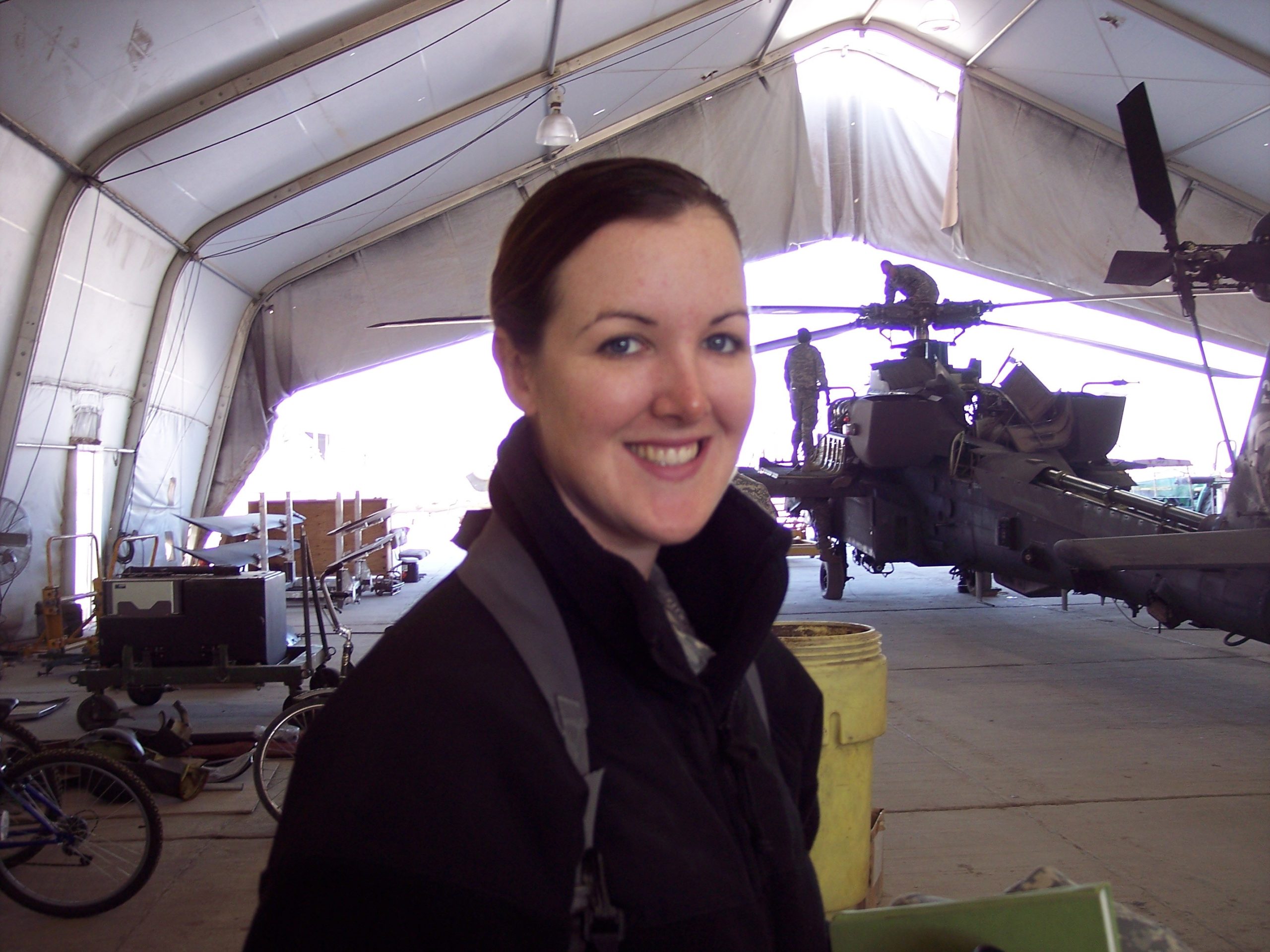
 Shortly after completing basic training, I found myself heading off to the United States Military Academy at West Point.
Shortly after completing basic training, I found myself heading off to the United States Military Academy at West Point. 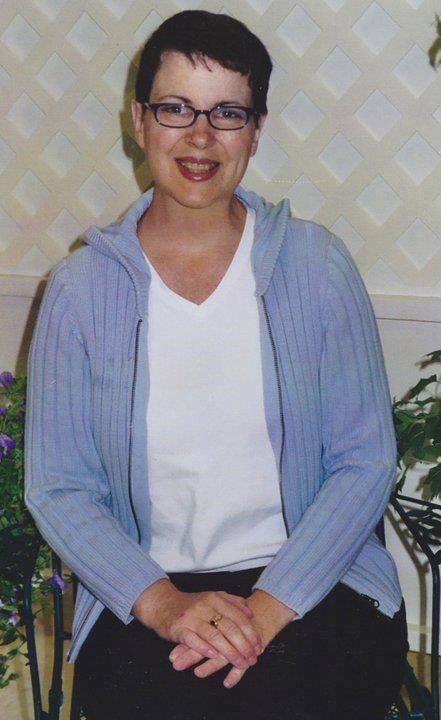 It wasn’t unexpected. She spent the last seven years of her life in and out of the hospital.
It wasn’t unexpected. She spent the last seven years of her life in and out of the hospital.

 About
About 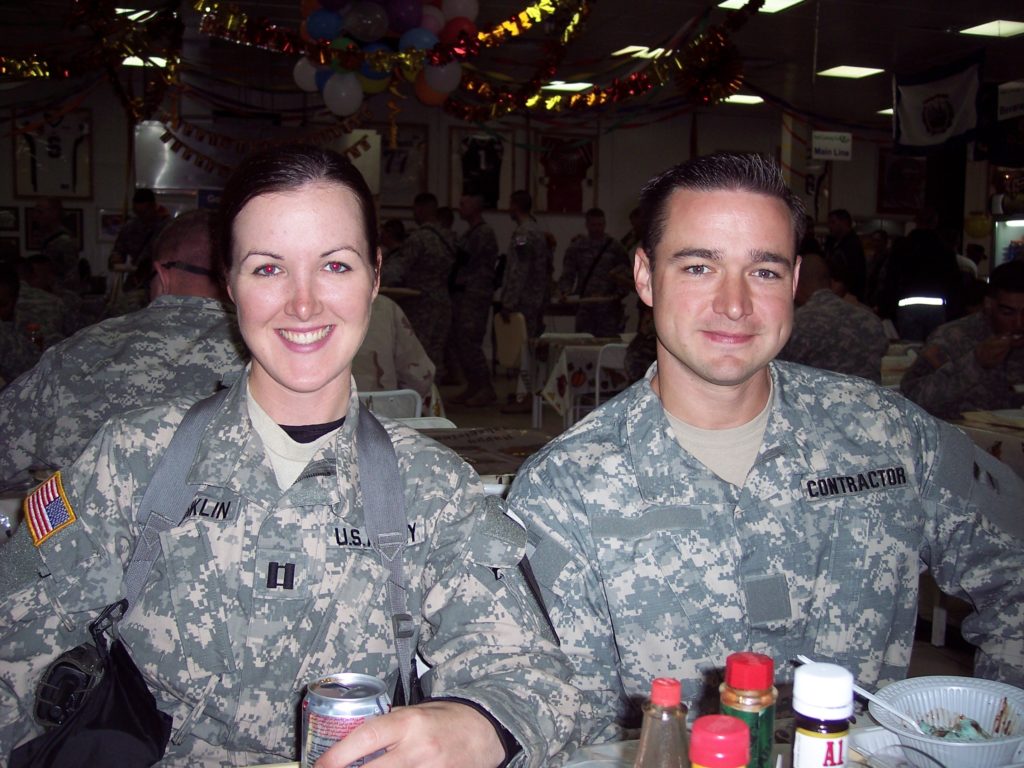
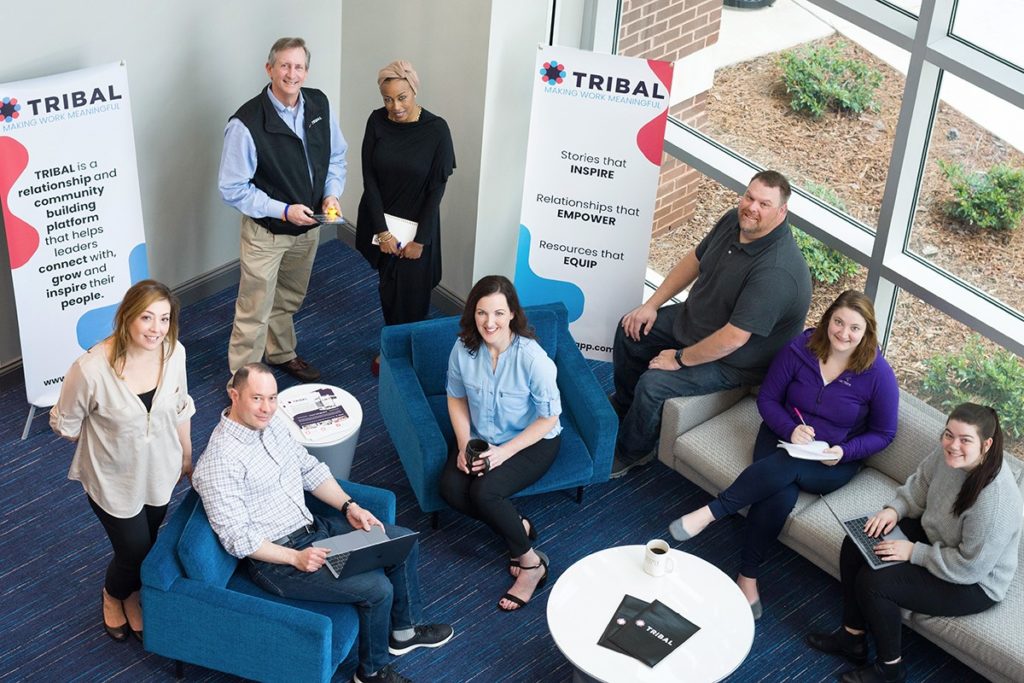



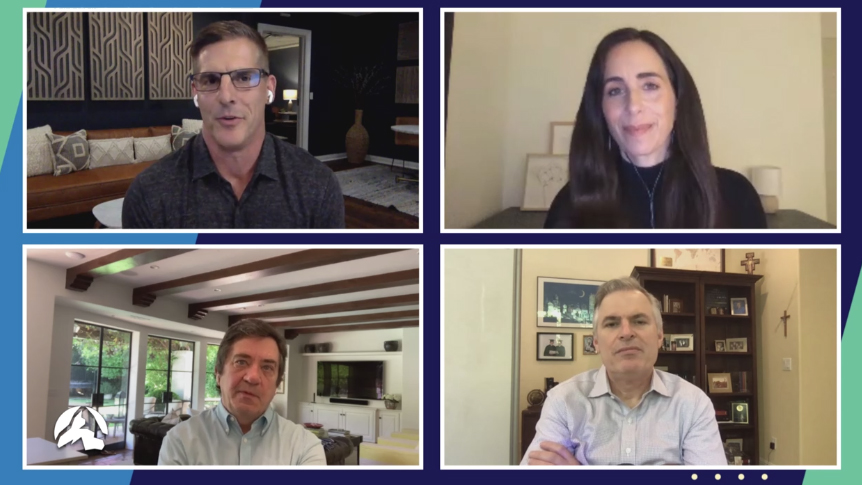


Recent Comments